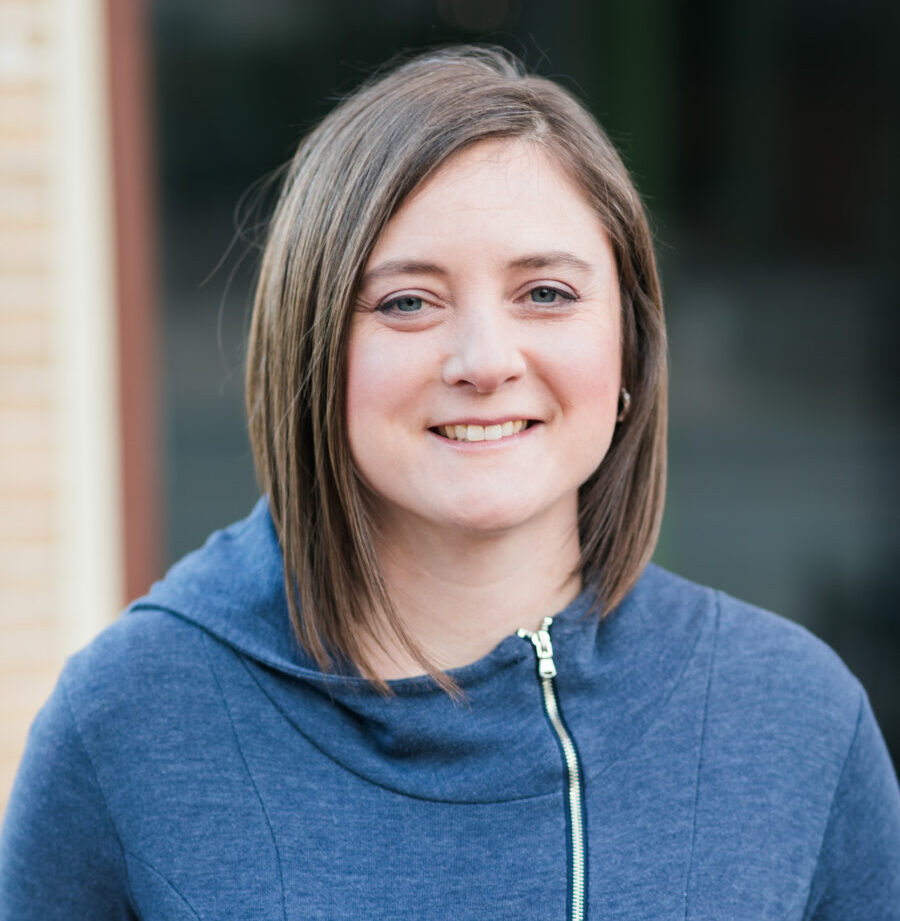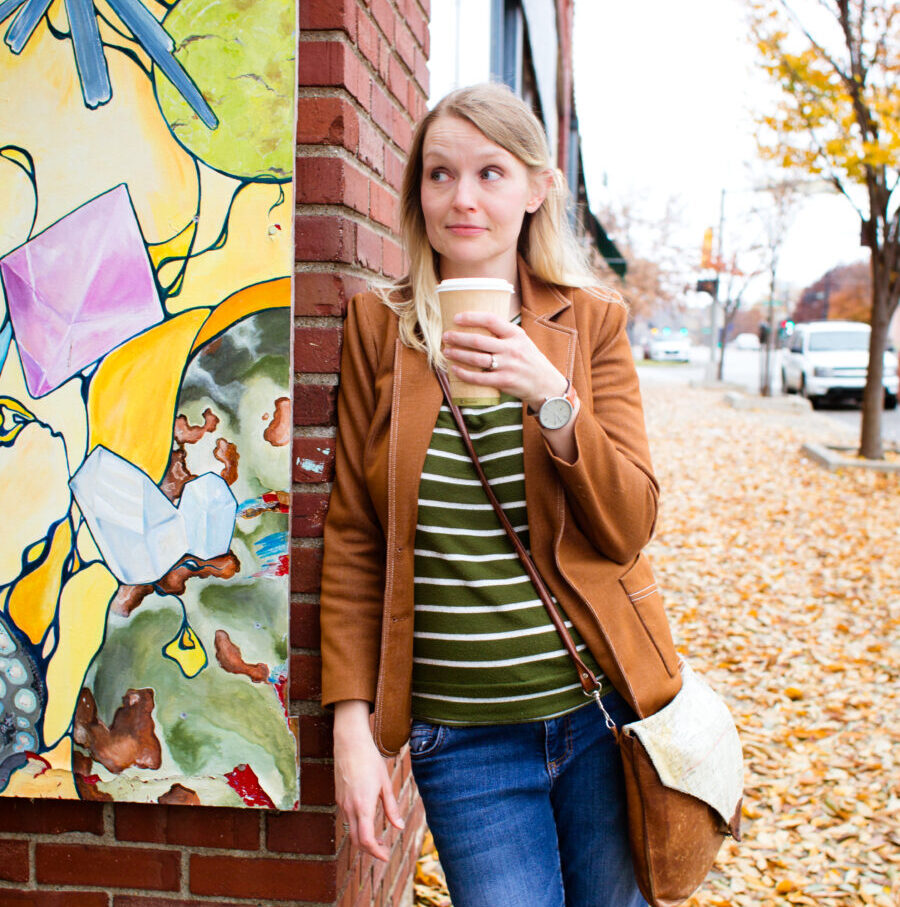For this seventy-second post in our Poets on Craft series, we have Ruth Williams and Melissa Fite Johnson.
Poets on Craft is a cyberspace for contemporary poets to share their thoughts and ideas on the process of poetry and for students to discover new ways of approaching the writing of poetry. In the face of a pandemic that is both viral and political, it is a resource for strength and creativity, friendship and beauty, love and rejuvenation. It is thus a celebration of the beautiful and eclectic minds of contemporary poets.
The format is as follows. I emailed poets these questions: “Generally speaking, how do you build a poem? How do you start a poem? How do you move from one line to the next? How do you know when to end a poem?”
With the exception of length requirement, poets are free to respond in whatever manner they find appropriate to their styles and concerns.
Access to Poets on Craft is democratic. Generally speaking, anyone can have free access to these posts. With that said, please consider supporting our poets by clicking on the links in their bios and purchasing their work.
This series is intended for educational purposes only.
Ruth Williams is the author of a poetry collection, Flatlands (Black Lawrence Press, 2018), and two chapbooks, Nursewifery (Jacar Press, 2019) and Conveyance (Dancing Girl Press, 2012). Currently, she is an Associate Professor of English at William Jewell College.
Most often, my poems are built on intuition, propelled by the force of not knowing. As counterintuitive as it may seem, for me poems often spark into being, not out of a well-formed thought, but out of whatever comes to mind.
When I first began writing poetry, my process wasn’t this organic; instead, I would sit down with a specific idea of what I wanted to write about—a person, a feeling, a situation. Over time, though, as my understanding and exposure to the world of poetry grew, my poems became less a straightforward recounting and more landscapes in which I could explore the capacity of language to capture experience, yes, but to also surprise myself.
Psychoanalysis gives us the concept of the unconscious to suggest the subterranean parts of ourselves that are not immediately apparent, but which shape our waking life. The trick is that these forces can be observed through the analytic practice, a process of excavation via conversation.
When I’m writing poems by following whatever flows into my head to build the line, letting the energy of that first thought drive the rest without stopping to question, I like to think I’m allowing the unconscious to rise to the surface and speak. The poem becomes an act of excavation that allows me to converse with unknown parts of myself.
But, this approach has a second, more utilitarian advantage: it allows me to silence the “inner critic,” that voice that tells me my writing is no good, this poem is garbage, and I’d better give up rather than slog through to produce yet another uninspired work.
When I don’t have a plan going into a poem, it’s easier for me to trick the inner critic into silence. I don’t stop to re-read what I’ve written lest the inner critic encourage me to dismantle it; instead, I move quickly, on instinct. Even if the inner critic follows, she’s too late because I’m already gone. Only the poem’s left behind.
Of course, while following intuition can lead to great, surprising results, it also produces work that never finds its footing. It’s almost always the case that what’s in these poems is more a flicker of promise that has to be grown through the process of revision.
Revision is the way the poem comes to its end; but, learning how to see your way to that end is the product of years of reading and writing poetry. An instinct sharpens itself through learning what works, what doesn’t work over time. So, for me, while the best poem might start in intuition, it finds its final form through intention.
Melissa Fite Johnson is the author of Green (Riot in Your Throat, 2021) and A Crooked Door Cut into the Sky, winner of the 2017 Vella Chapbook Award (Paper Nautilus Press, 2018). Her poems have appeared or are forthcoming in Ploughshares, Pleiades, SWWIM, and elsewhere. Melissa and her husband live with their dogs in Lawrence, KS, where she teaches high school English.
I know poets who begin the morning writing, who carve out time for it every single day, who put it first. I respect that, but I also know I am not this kind of poet. A poet I admire once said that “the not-writing is a part of the writing.” For me at least, this is true.
So much in life is an obligation. I love teaching high school English, love that my work matters to me—but it’s full of deadlines and responsibilities and guilt. Writing poetry is not my job. And my value is not tied up in how often or how much I write, or where I publish. I will never produce a book a year. My process is slow.
I spend my summers taking workshops and generating new work, and I spend the school year focusing more on revising and submitting. The goal is to prioritize writing when I have the time and energy for it, and to be kind to myself when I’m too overwhelmed and emotionally spent to write. And I am—finally, after many years of questioning that process and my worth—totally OK with that.
To answer the question more directly:
I try not to let the poem be the goal. When I do get a chance to be in a coffee shop with my journal and whatever poetry book I’m reading, I hold those hours sacred. They are what make me feel the most myself. Making the time is a small miracle.
And it probably sounds corny, but it really does feel like magic, like playing hooky, putting off grading or laundry for a few hours and having an afternoon that is about me only. It puts me in the best mindset—I’m tuned in. I’m paying attention to how I feel and to what music the barista has chosen and to how the window filters the sun into the room. Because I want to be there, because I am almost giddy just to be there, it often feels like I will a poem into existence. I know that’s not actually true, but it feels true, and really what’s the difference?
The real truth is that I’ve studied poetry for more than twenty years, so I know the craft. I have an instinct for where to break a line and how to tighten the language and why this word is the right word. Anyone who studies poetry seriously will eventually learn these things.
But it’s just as true that I am always trying to be the poet I was when I was starting out and had no idea what the hell I was doing—because that’s when I didn’t know enough to be self-conscious. I wrote because I loved it. The fact that those poems were mostly terrible didn’t matter; I didn’t know, and I’m glad I didn’t know. I was learning, and it was thrilling.
Now I try not to question whether or not what I’m writing in a moment is good. I can figure that out later, be ruthless and cutthroat about what gets sent out and what gets put in a manuscript later. No guilt, no obligation. Natalie Goldberg says we have to give ourselves permission to write the worst junk in the world, and she is right. What matters is that I’m still writing, as often as time and energy allow. What matters is that I still love it.
(Featured image by Alexis Rhone Fancher)


